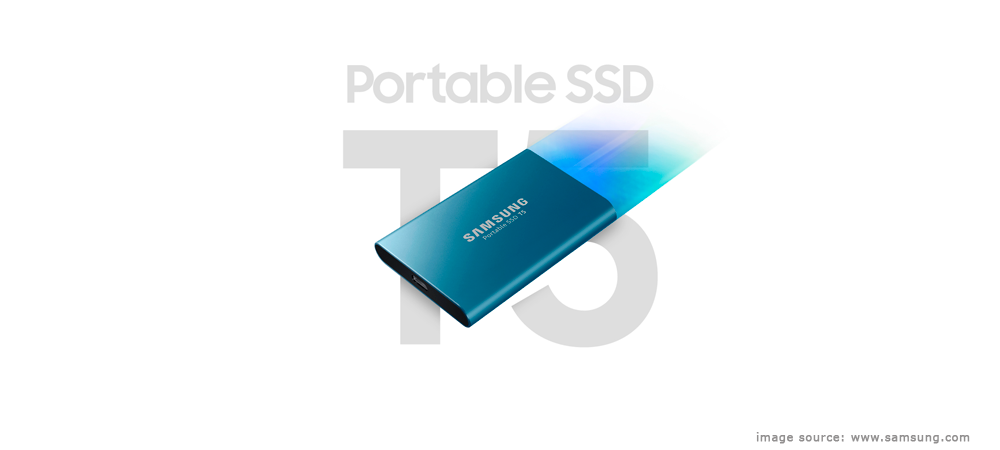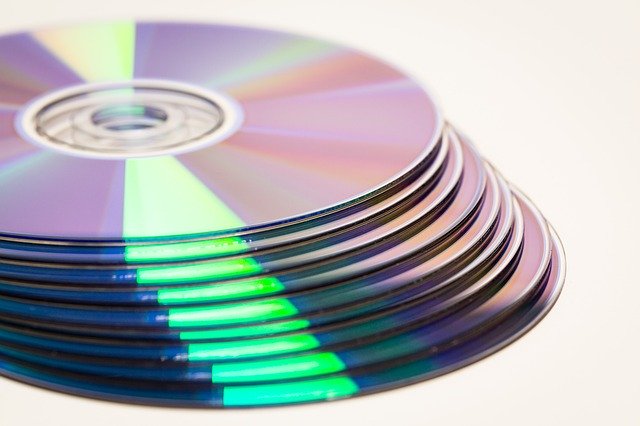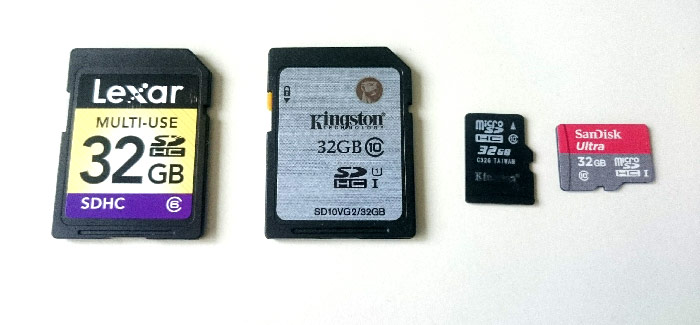Recently all consumer recording devices (audio/video/photo) have gone from analogue to digital. All photo and video cameras are now using memory cards for storage (moving from film and tape to memory cards).
Cassettes, CDs and even MP3 players have disappeared as well in favour of using mobile devices for storing music or just playing music (and video) through streaming.
All these devices have one thing in common – they store data on some form of storage media, as files. Photos, videos and other forms of content are captured, stored on a media like a memory card, and then transferred to a computer onto computer’s hard drive.
Computers’ hard drives are not the best form of storing media long term. They’re quite fragile (especially traditional mechanical hard disks as opposed to SSDs (Solid State Drives). They’re also prone to accidental deletion by the user.
What you need is a backup. You need copies of all your precious files, at least two additional copies, and on different storage media. For example, having your files on your computer’s hard drives and having two additional backups on two separate external hard drives.
When it comes to storing your precious data, there are typically three types of physical storage media:
- External hard drives
- Optical Disks (CD/DVD/BD)
- Memory Cards
Pros and Cons:
External Hard Drives

- Cheap storage – low cost per GB (especially HDDs)
- Large capacity
f.ex. 2TB portable hard drive at the time of writing costs £57, 4TB hard drive costs £85 - They plug in straight into a USB port on your computer. You can even plug them into an Android phone or tablet to transfer data
However, especially mechanical hard drives – HDDs – having many mechanical parts are prone to failure and physical damage. Unless you buy an SSD – they have no mechanical parts and are unbelievably fast!
I’ve been using these Samsung’s T5 SSDs for quiet a few years and never had any problems with them:

They are more expensive, 1TB Samsung T5 costs £160, but I think they’re worth every single penny.
This is my storage media of choice – portable SSDs.
Optical Disks (CD/DVD/BD)

- Very cheap (even BDs with their very high capacity) – they’re about £0.50 each for 25GB BD-R so about £20 for 1TB
- Good quality from major brands that last a long time
However, nowadays, even with BD disks, 25GB is not enough, and you probably wouldn’t want to spend all your time burning say 10 BDs to save 250GB of data. And they’re slow to read and write.
Memory Cards

- Small and light
- High Capacity memory cards are getting cheaper
- Cost per GB quite low
With memory cards, you need to decide which ones you’re going to use as there is a choice of SD, microSD and CF. They’re small and light, and come in high capacities so could be used for data storage. I’m working on a Surface Pro and it comes with a microSD card expension slot. I have a 128GB microSD card plugged in there with all my photos and I can easily move it anywhere by simply unplugging it and plugging it into another device. I could just simply plug it into my Sony smartphone or use a memory card reader to plug it into my Raspberry Pi computer.


One thought on “Most Reliable Long-Term Data Storage Media”
This article says nothing about reliability. About that SD cards can fail at once and lose all the data in a moment. That SSDs wear out from writing and lose data in 2 -5 yeard when stored without power.